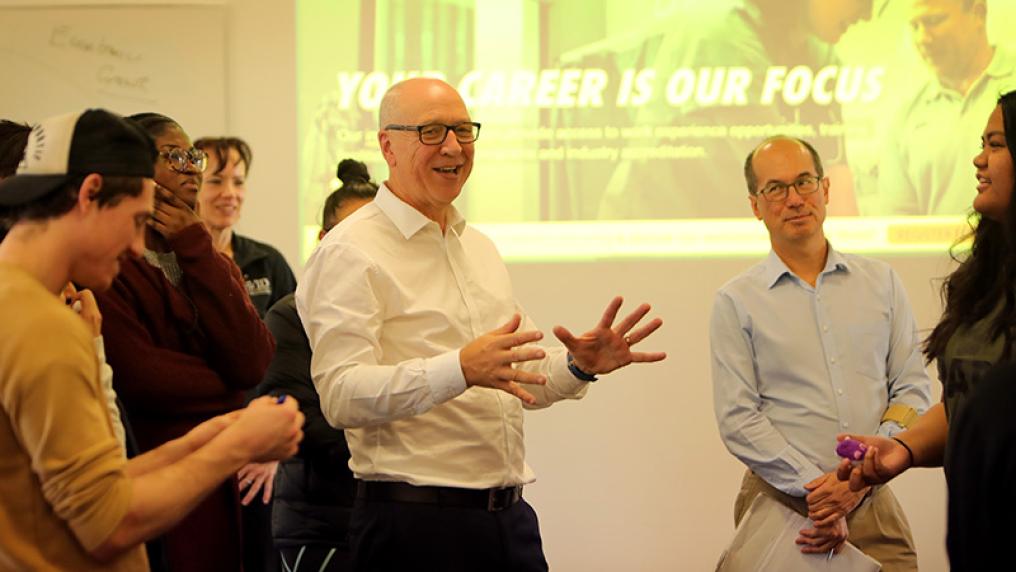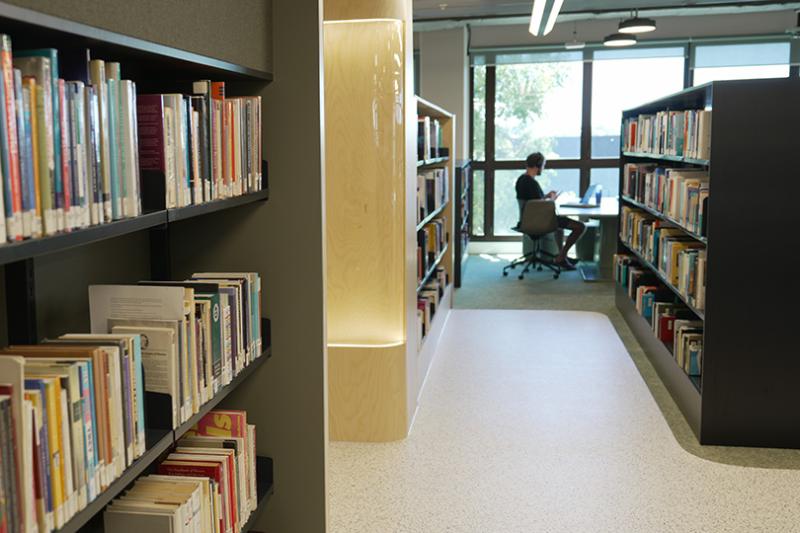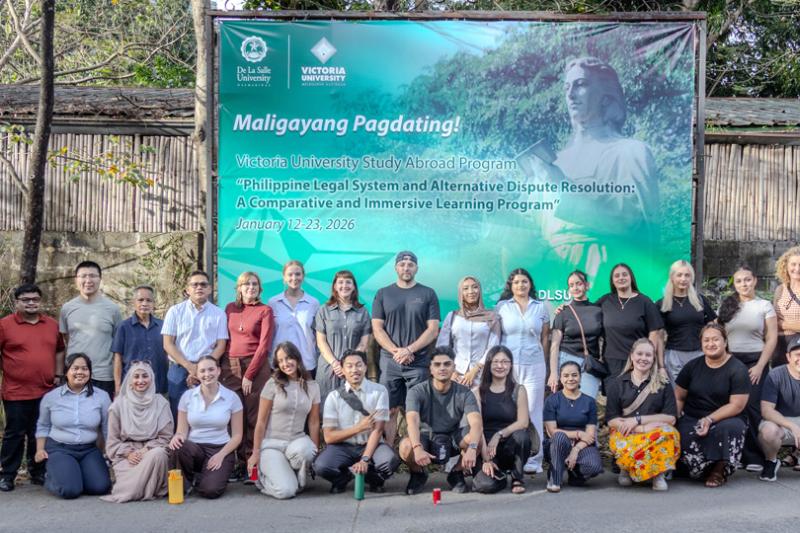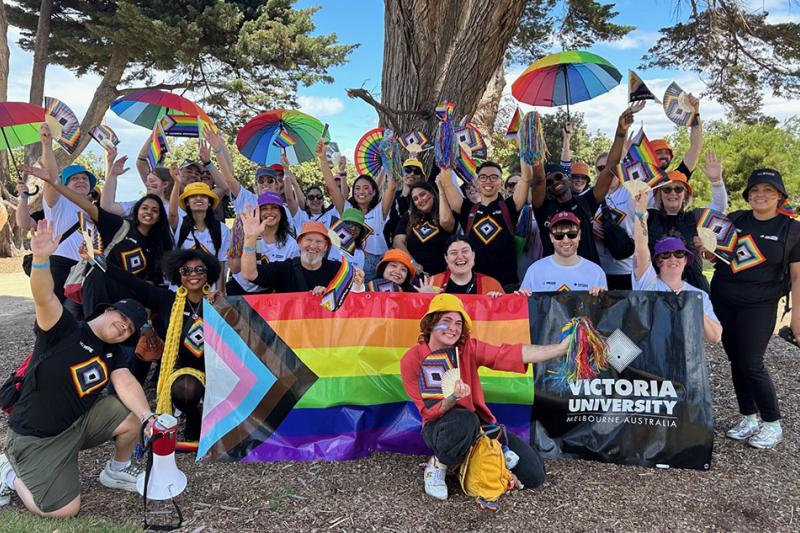Transforming the lives of any student: that’s The VU Way

As appeared in The Australian 26 February 2020 – by Vice-Chancellor Professor Peter Dawkins
In 2018 Victoria University established a dedicated First Year College with a view to improving student engagement, student success and retention rates by radically reforming teaching under a block model, whereby students study one subject at a time in blocks of four weeks before moving on to the next.
This was based on international evidence of the impact of block model teaching, which predominately operates in a small number of North American and Swedish universities. Our unique approach, adapted to the Australian context is called The VU Way. It incorporates evidenced-based practices known to encourage learning gain.
For example, lectures were abolished in favour of smaller, interactive, and more engaging classes. The redesign of every subject and the systematic application of high-impact teaching practices - including flipped learning and quality digital learning resources - has seen attendance and student engagement soar. It has been a big reform that has required a very well-executed change program and a major commitment from all staff.
In its first year of implementation, the positive impact on the success of first-year students was remarkable. Evaluated against equivalent performance standards, failure rates were cut almost in half, from about 26 per cent to 14 per cent.
It became clear that it not only provided the support needed by students who were at risk of failing, but the benefits also extended to students who would have succeeded anyway. They excelled under the new model. The proportion of high distinctions grew from 20 per cent to 27 per cent.
We had designed for, and expected an improvement in, student achievement but the improvement was greater than anticipated.
Students from equity groups and more disadvantaged backgrounds particularly benefitted. By the end of their first year they were performing just as well as students who were better prepared and supported for university study.
This evidence encouraged us to extend The VU Way to second year students last year, and to third year students this year. In December this year, the first graduates who have studied entirely under The VU Way block model will cross the stage at our graduation ceremonies.
Along the way we continued to monitor the evidence. Learning from the experience and optimising its approach, the First Year College further increased student engagement last year, with results improving even more.
Success of students in their second year also grew very significantly when compared to students who had studied under the traditional model. Failure rates reduced from 15 per cent to 10 per cent. This is very significant, remembering that many students who previously would have dropped out in the first year were still in their course.
Although all students, irrespective of their background, improve, evidence continues to show The VU Way substantially closes the gap between the more disadvantaged and advantaged students. This achieves VU’s deep moral purpose of transforming the lives of any student from any background.
This year we are planning the extension of The VU Way to vocational education students. Our vision for The VU Way is to provide a high-quality, comprehensive and flexible tertiary education offer to any student from any background, in vocational and higher education, in which students will be able to study blocks of vocational and higher education concurrently or sequentially in either direction, to provide them with the skills and knowledge they need to be successful in their work and their lives.
The VU Way is also focused on preparing students to be work ready, tech ready and life ready. The pedagogy encourages active, collaborative learning that develops problem solving, teamwork and communication skills.
Supplementing higher education with vocational education programs is another element of this strategy. Our Academic Program of the Future project aims to reshape curriculum content and assessment in close consultation with industry to meet their future needs.
This is based upon increasing evidence from the labour market that almost everyone will need vocational or higher education qualifications, or both, and the associated skills and capabilities to succeed, and that they will need to continuously upgrade as the world of work and associated technologies change.
We are working on the extension of The VU Way to all our postgraduate programs. A high percentage of postgraduate students are in employment, many full-time employment, and on-campus education is being challenged by online education.
We have successfully launched VU Online, also using a block model and we intend that, in time, students will be able to mix and match online and on-campus studies in flexible ways to suit their preferences.
As we continue to implement this radical reform agenda, collecting and monitoring evidence as we go and adjusting our practices accordingly will be critical. That is The VU Way.
For further information read our article New data shows student success lifts again under VU's Revolutionary Block Model.



